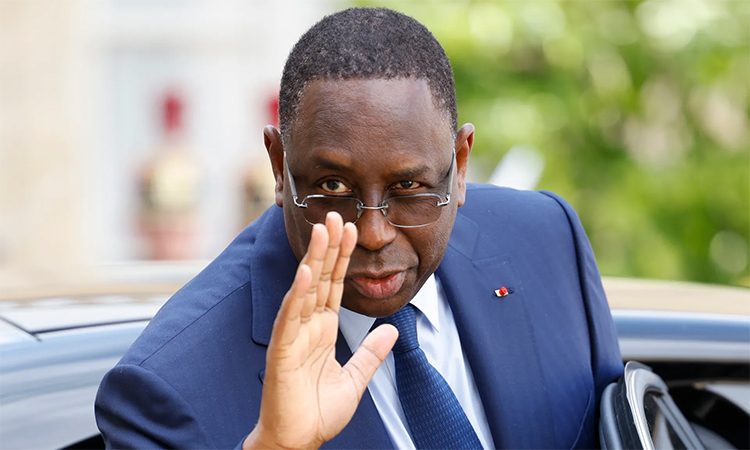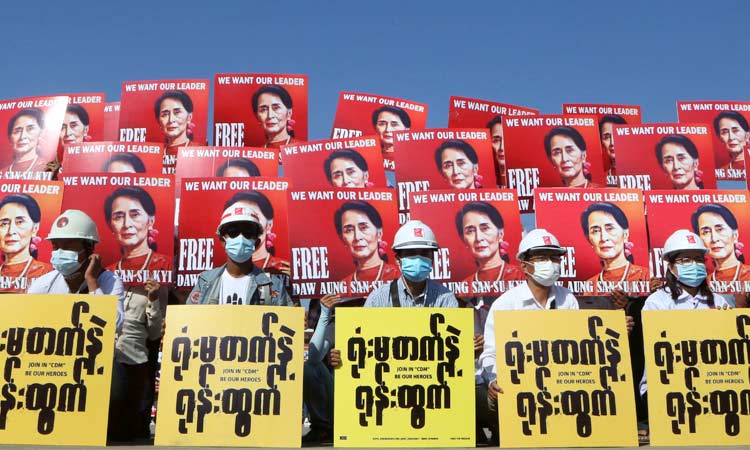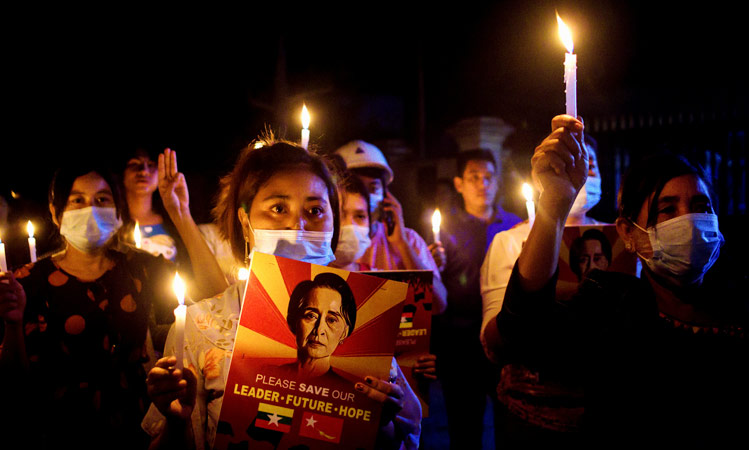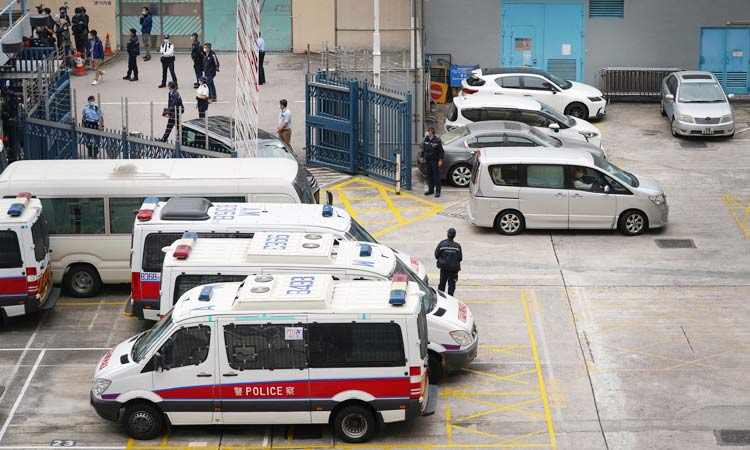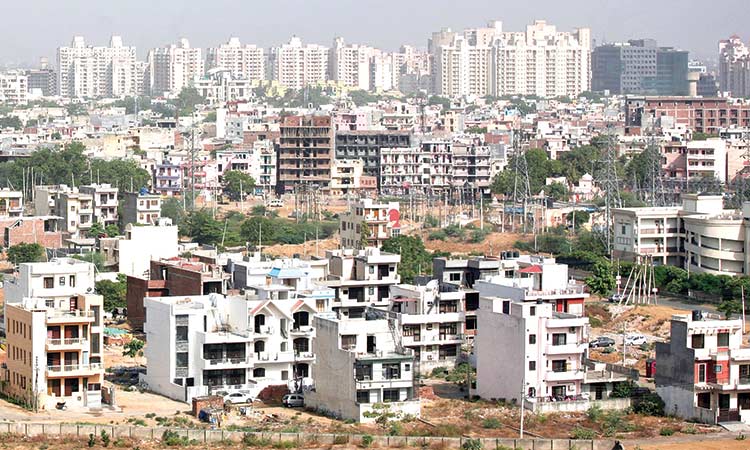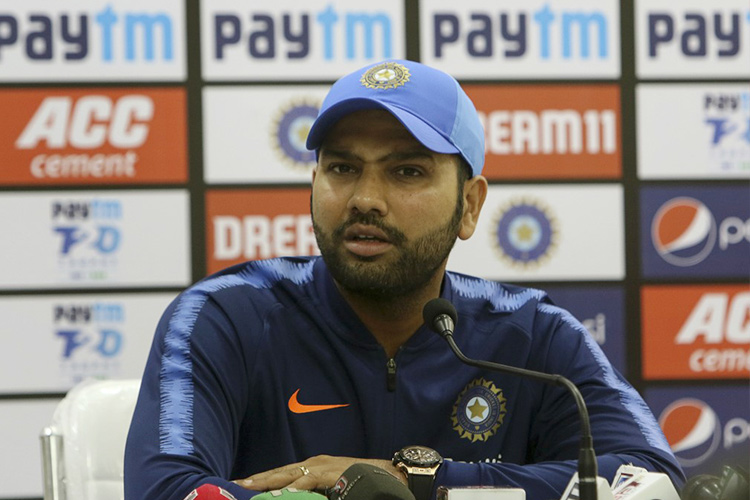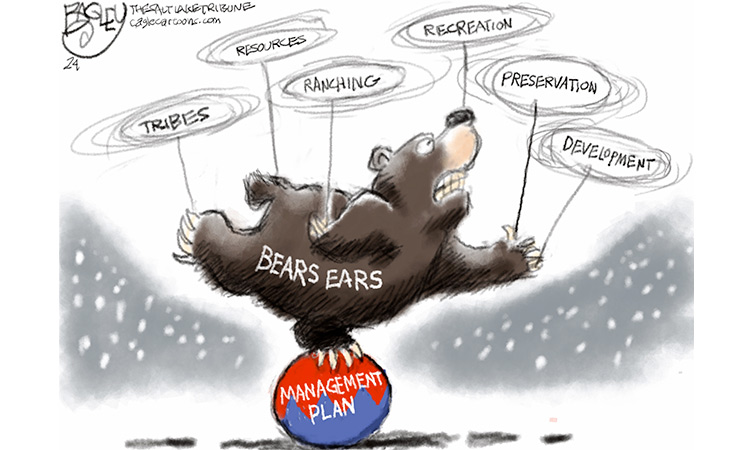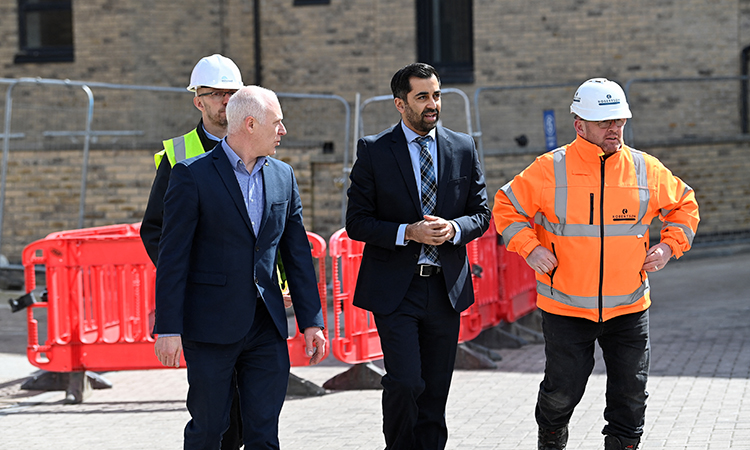Senegal’s president renews faith in democracy
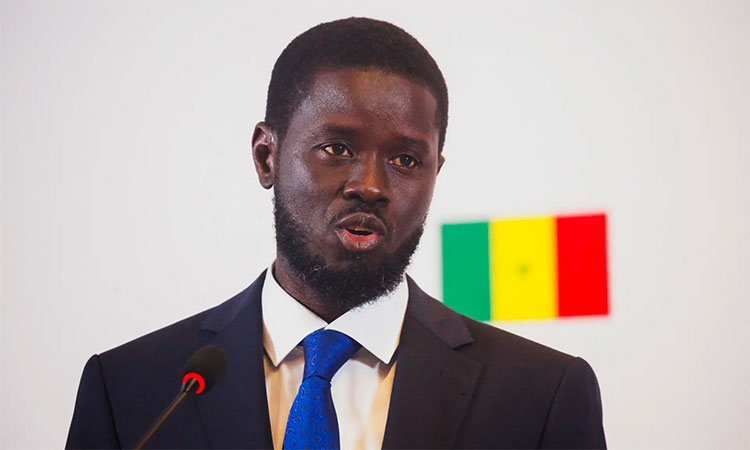
Bassirou Diomaye Faye
Senegal has elected a new president through the poll on Sunday. Opposition candidate Bassirou Diomaye Faye was the winner. He was chosen the opposition’s presidential pick after the prominent opposition leader Ousmane Sonko was debarred from contesting due to a conviction by a court. It was a happy ending in what threatened to end in the end of democracy in Senegal when outgoing president Macky Sall wanted to defer the election to the end of the year. Protests broke out across the country, and Sall had to back off. Sall was supporting prime minister Amadou Ba for the president.
Faye is a little known politician from central Senegal. He was a tax inspector. He is a practicing Muslim. Ba conceded defeat and Sall congratulated the winner. Faye in his victory remarks promised to rule with humility and transparency. He said, “I pledge to govern with humility and transparency, and to fight corruption at all levels. I pledge to devote myself fully to rebuilding our institutions.” He has declared his assets and asked other elected leaders to do so. He owns a house in Dakar, the capital of the country, and land outside the capital and in his home town, and bank balance of $6,600. Sonko said that Faye was more honest than even himself.
Alioune Tine of the Senegalese think tank, Afrikajom Centre observed, “The only country in Africa capable of withstanding a disease of democracy that has shaken all its institutions, profoundly shaken its society, only to recover from it.” Senegal has been a democracy since its independence from France in 1960, the only country in the continent to remain so when most countries fell at one time or another under a dictatorship.
The political philosophy that will guide the new president is that of his mentor Sonko, who believes that Senegal’s natural resources should remain under the control of its own people, and that they should not be taken over by foreign interests. Senegal is emerging as a producer of oil and gas, and that is why the struggle between those who want to fiercely defend the country’s sovereignty, which translates into economic sovereignty. The preceding Senegalese governments have remained close to France, the former colonial power and the European Union (EU). Senegal’s currency is controlled by the French treasury. One of the things that the newly-elected president Faye wants to do is to make the Senegalese currency independent. Faye has earlier described himself as a supporter of “left-wing Pan-Africanism”, which the European observers and others find it troublesome.
There is also the speculation that Faye did not win the presidential election on his own but it was because of the endorsement of the charismatic Sonko, who could not contest. And that the electoral victory is really that of Sonko. There is also the view that Sonko would be a sort of a power-behind-the-throne, and he would be influencing things. According to Ismaila Diack, lawyer and project manager at Germany’s Friedrich Ebert Foundation (FES) in Dakar, “The people voted officially for Bassirou Diomaye Faye, but that happened with the guarantee of Ousmane Sonko.” She says that Sonko and Faye have projected an image of collective leadership and a share vision of the future of Senegal. “But what they have shown and sold to the Senegalese is that they are there to work together to solve the problems of the Senegalese through designing a social concept of society. Now, it is not yet clear what their cooperation will look like, whether the president’s powers will be limited, or how they might share power among themselves.” Faye is seen as a political rookie compared to the seasoned politician that Sonko is.
